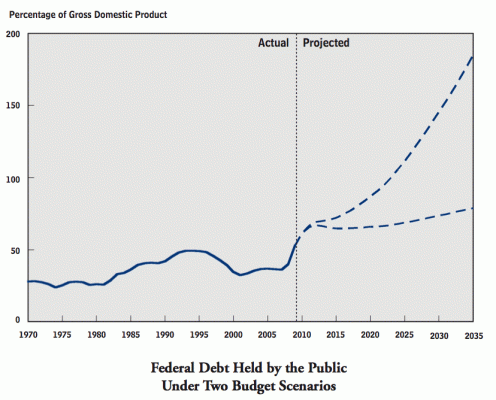Partial? Yes, probably so. (But probably not as much as you think based on the fact that our HDHP costs $1200 a year less than the next HMO "above" it, the HSA gets a $1000 employer match for a family and the deductible is $1700 higher [$800 versus $2500]).
Pure? No. Do the math above. A sure $2200 advantage (with lower premiums plus employer HSA match) versus a "maybe" $1700 higher deductible you might not even trigger? Even if you're not in the healthiest pool, this math isn't that hard even if one's higher education isn't in math.
And note that I was referring to an employer with a specific type of demographic, not suggesting it was *the* answer in all situations; it's not. Sounds like you won't accept it might be the answer for *anyone*, perhaps because it's not for *you*? It may become moot after 2014 anyway.
The end. I'm done hijacking the thread topic. You want the last word, take it.



